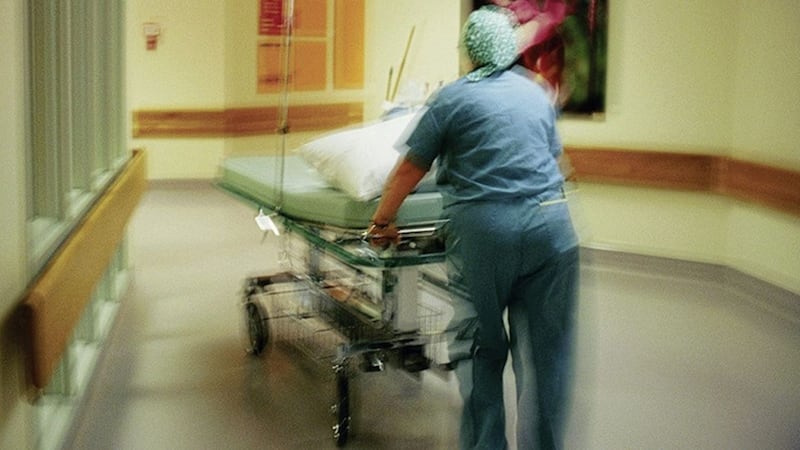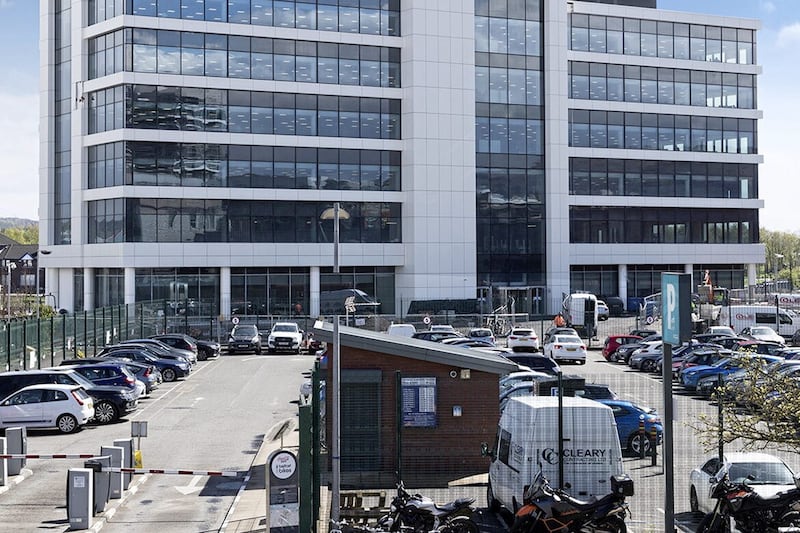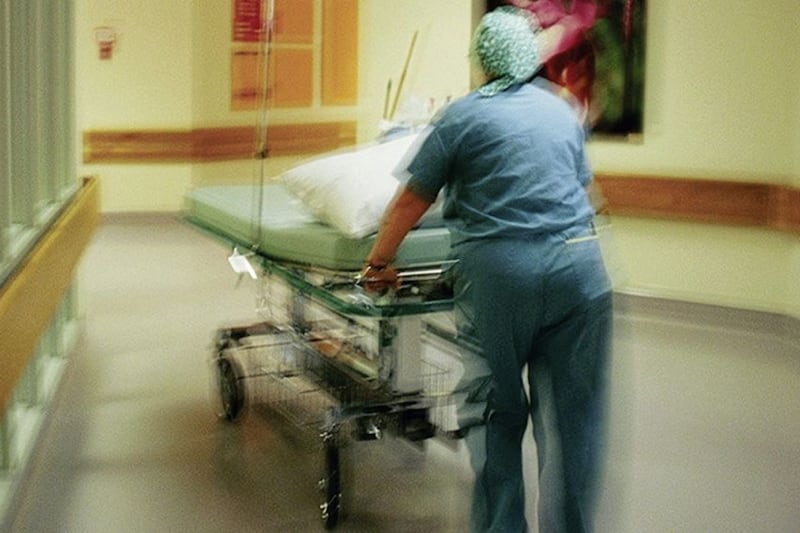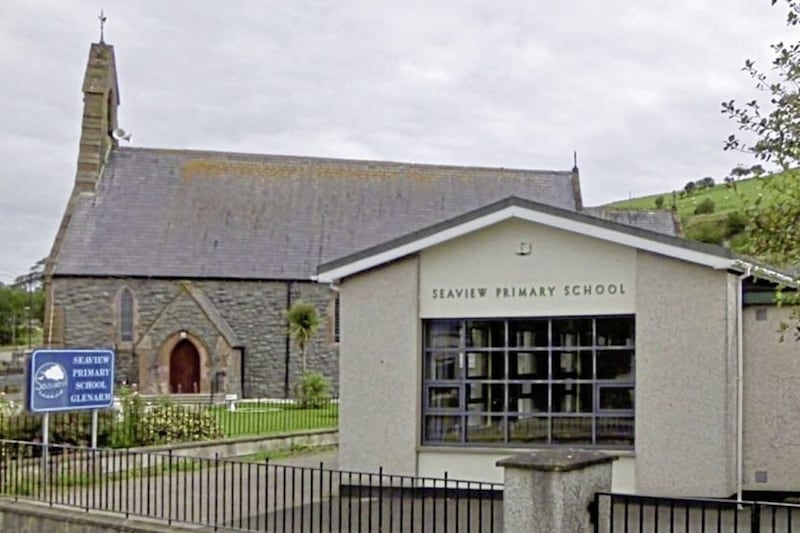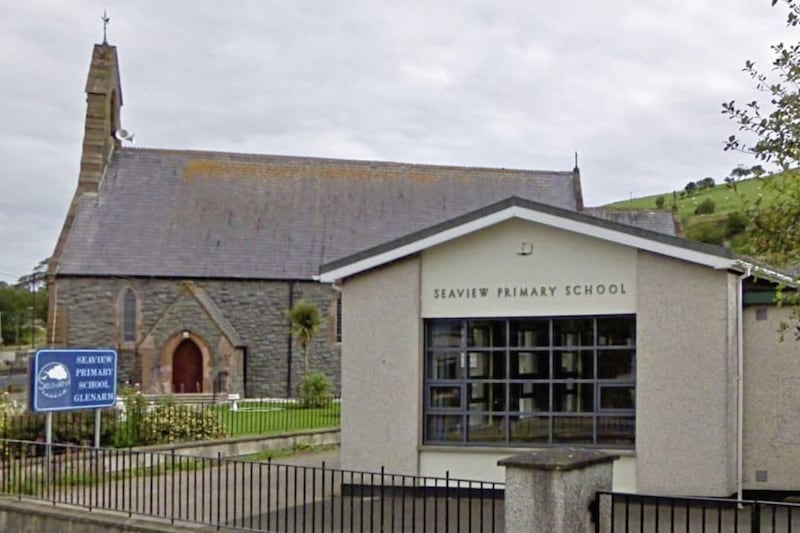AN "immediate priority" of a restored Executive under the new draft deal will be the "transformation" of our crisis-ridden health service - a move welcomed across the board but highly aspirational.
The amount of money required to deliver this overhaul is not detailed in the document but with £1 billion alone required to tackle the hospital waiting list crisis, the bill will be colossal.
Settling the nursing and health workers pay dispute "immediately", rolling out the ambitious Bengoa reforms, creating a mental health action plan, investing in an enhanced drug and alcohol strategy and improving the cancer strategy are among the measures that a new Executive will urgently address, according to the blueprint.
In addition, the expeditated rollout of multidisciplinary teams to assist in GP surgeries - where other health professionals such as phsyios, social workers and counsellors will work together in general practice - is also on the table along with long-fought for funding towards three cycles of IVF treatment.
Pledges to "enhance" funding towards the north's hospices are long overdue and form part of the draft deal's plan to "fully implement improvements for palliative and end of life care".
Patients and NHS staff will give a huge welcome to health being placed at the top of the agenda - but the key challenge centres on having the workforce in place to make good on these major improvements and being able to sustain them.
With nurses taking part in a third strike yesterday over pay parity and staffing levels, the pledge to create an extra 900 nursing and midwifery student places recognises the short-sighted nursing cuts by successive Stomont governments is an attempt to address that.
However, it will take years for the benefits of increased nursing graduate numbers to be felt - and conditions on the hospital floor and community sector will have to drastically change in order to keep them from moving away or applying for higher paid agency work.
Similarly, the major shortfall in GP numbers and difficulties in attracting new blood to a speciality that has become hugely challenging due in part to escalating mental health and addiction problems - alongside bulging caseloads - is also an issue.
And if the record-high waiting list crisis is solved through a £1 billion bailout, what guarantees are in place to ensure they won't begin spiralling again?
When former direct rule health minister Shaun Woodward approved hundreds of millions of pounds to reduce patient waiting lists almost 15 years ago by bringing in the private sector, the measure worked - but only in the short term.
Mr Woodward also recognised at that time the north's health system had become "too cumbersome, too bureaucratic and inefficient" and called for an urgent shake-up, a call echoed in a string of independent reviews since then.
With the lauded Bengoa report's release coming just months before the collapse of the last Stormont government three years ago, any reformed Executive must follow through on its far-reaching proposals to ensure transformation.
